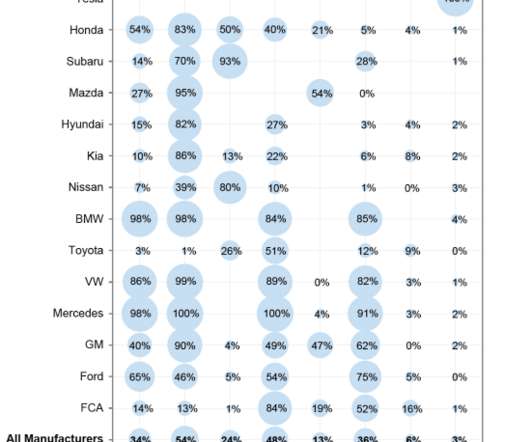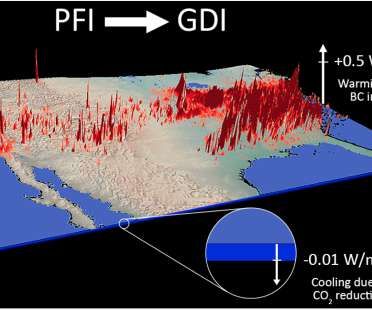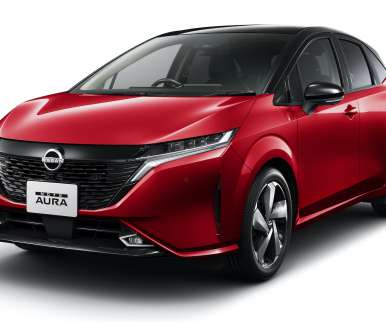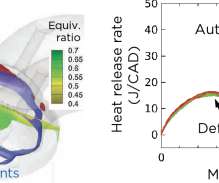DOE: in 2018, 27% of new light-duty vehicles in US had fuel economies > 30 mpg
Green Car Congress
MAY 21, 2019
In 2018, 27% of new light-duty vehicles sold in the US had fuel economies of more than 30 miles per gallon (783 l/100 km), according to the US Department of Energy (DOE). By contrast, none of the light-duty vehicles produced in 1975 had fuel economy greater than 30 miles per gallon (mpg). In 2018, 2.4%






































Let's personalize your content